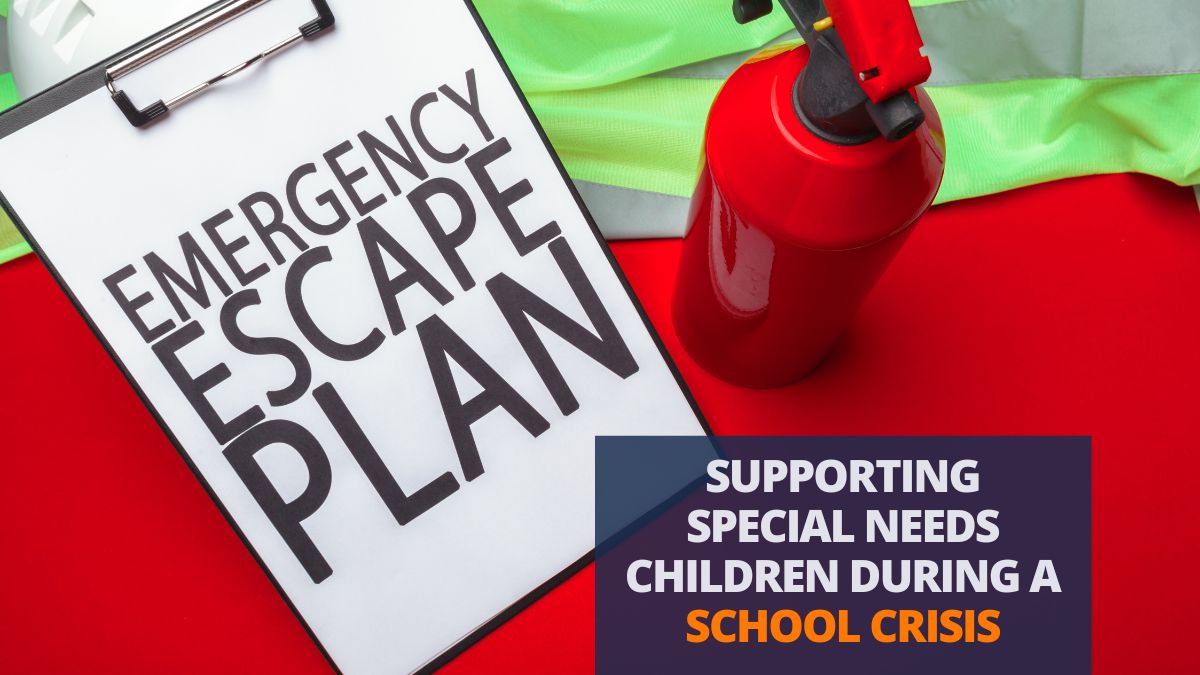Every child deserves to grow in an environment filled with love, care, and encouragement. Schools, especially, should be secure spaces where they feel safe and at ease. Bullying in schools can make children feel threatened, and negatively impact their self esteem. Children with special needs may be the worst affected, because they may rely heavily on others to build their social skills.
As a parent, you may feel helpless when your child gets bullied. Your child may lack the necessary emotional skills to deal with all the taunting and teasing. Vulnerable children who are victims of bullying may suffer from depression, or turn to substance abuse to cope with their sense of powerlessness. Given the grave consequences, parents and schools should get together to take on this menace that can potentially cause irreparable damage to a child’s psychological health.
Bullying and Children with Special Needs
Bullying is a problem that most children face, but those with special needs are easy targets because they may be different. Some children with special needs may be physically weaker, or appear to be weaker. Unfortunately, their lack of physical strength, or physical disabilities, can make them the chosen ones for bullies to pick on.
Children who have communication deficits too are often at the receiving end of bullying because they may not have the tools to stand up for themselves. Those with cognitive impairments might be socially inept, and may seem out of place in social settings. This can invite the attention of troublemakers, and put them at risk of being bullied.
What can Schools do?
Schools need to have strong anti-bullying programs that educate children about the evil side of bullying. Children must be made aware of the long-lasting effects of the same.
At the classroom level, the teacher is the best person to tackle bullying. We see that children hesitate to come forward and report bullying because they may be seen as tattletales. Some teachers inadvertently become a party to the bullying by making callous remarks that suggest that the victims should ‘toughen up’ or ‘let it go’. Hence teachers should be trained to identify signs of bullying and equipped to handle the same. They need to develop an environment of trust and reassurance in the classroom to indicate that no bullying complaint will be trivialized.
Children must be taught empathy and how to acknowledge and embrace differences. As can happen with young children, there can be ruffled sentiments that are caused unintentionally. So, teachers must educate the children to be sensitive, discreet, and thoughtful in their actions and words.
Counsellors can play an important role in building a school wide understanding of the ill effects of bullying. Classroom learning can be further reiterated by counsellors who should work to inculcate a culture of open communication at school. This will ensure that children feel comfortable opening up about their troubles.
What can Parents do?
Parents must ensure that children have a strong sense of self-worth, so that their confidence dosen’t suffer due to bullies who constantly put them down. Children should be encouraged to pursue their hobbies and passions. Hobbies are good stress-busters and are also a good diversion from their anxieties.
Parents should encourage the children to talk about their feelings, and to seek help if needed. If they notice the children becoming withdrawn or unusually quiet, they can talk to them to find out if something is wrong. A sudden drop in grades or a diminished interest in going to school may also be indicators of bullying.
Children should be exposed to social environments so that they are comfortable when interacting with others. Parents must support their children in their attempts to establish social connections. They can arrange playdates with children of like-minded parents. They can also take them to libraries and NGOs, where the children can participate in fun events.
How Can AAC Help?
We would all love to see a child using their AAC system to stand up to their harasser, and end the bullying themselves, right? For a child with complex communication needs, just being able to say ‘Stop’ and ‘No’, gives them the power to protest. So, their AAC systems should always be at hand and provide them quick access to such words.
The child can also use the AAC system to report the bullying to their teachers and parents. They can also be taught about how to deal with bullying using social stories on the AAC system. A separate emergency folder can be created for times of distress explaining the steps to follow and people to turn to for help.
Bullying can cause scars that children may carry well into their adulthood. Children with disability and complex communication needs must be enabled to build strong agency to stand up to bullies. Till such time they can do it themselves , the responsibility falls on the adults in their lives to protect them. So, parents and teachers should join hands to put an end to bullying. This will ensure that schools are nurturing and safe spaces they are meant to be.
What do you think about bullying in schools? Please share your ideas in the comment section below.




